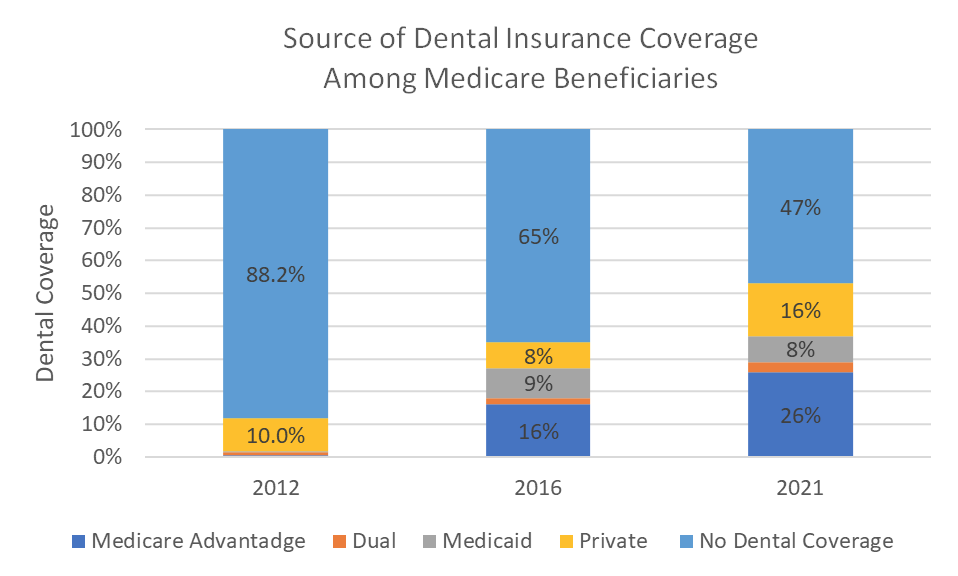Weekly Checkup
October 21, 2022
Time for Some Teeth in Health Policy?
Maybe it is all the gap-toothed pumpkins staring at me, but I started thinking about teeth, mouths, oral health, dentistry, and the weird landscape of American health policy. I don’t know about you, but my last mirror session confirmed that my teeth were in my mouth, which is in my body. And my brain is in my skull, which is connected to the vertebrae bone, which is connected to the… you get the idea.
The health policy world has experienced pitched battles for “mental health parity” which, at its core, is the notion that emotional well-being and physical well-being are connected and should be treated holistically. (Health policy people love the word holistically, so I’ve started using it holistically.) So, it slowly dawned on me that it made no sense that oral health was divorced from “health,” and that dental procedures were not viewed from the perspective of health care.
Upon doing a little digging, I learned that the dental profession in the United States was initially supported by the medical profession, but there developed a split – notably when the American Dental Association achieved its political goal and was excluded from Medicare at its 1965 inception. That explained the weird lay of the land, but what is the right thing to do?
First, there is no doubt that there are links between oral health and overall well-being. That is intuitively correct and supported by any number of studies. But there are a range of dental health procedures – most of mine are vanity-driven cleanings – that have more or less to do with overall health status. So, second, it is easy to overstate the degree to which a greater regime of dental health will actually improve overall health status. The real question is how to integrate considerations of oral health into an overall health benefit.
The private sector should have latitude in its plan design to answer this question as it sees fit. For government programs – Medicare, Medicaid, Affordable Care Act, etc. – simply adding an uncoordinated fee-for-service dental benefit is a great way to subsidize elective dental care that has no health repercussions, underfund essential dental care, and generally make no progress. (At present, there are limited dental benefits in the Child Health Insurance Program, a bit over half the Medicaid programs, and select circumstances in Medicare.)
But wait, there is an existing system that offers dental benefits, cares about the interactions between oral and other health, and has the ability to discriminate between elective and essential oral health interventions: Medicare Advantage (MA). Every senior has access to MA plans that offer dental benefits (so it is definitively not true that Medicare does not cover dental benefits).
MA offers the opportunity to develop real-world evidence of an efficacious means to integrate oral health considerations into a care plan. It is yet another reason to celebrate the fact that an increasing fraction of seniors (more than half in the near future) are choosing to enroll in MA.
Chart Review: Dental Coverage Among Medicare Beneficiaries
Danielle Bartolotta, Health Care Policy Intern
Although dental care is important to overall physical health, a recent survey found that baby boomers are the least likely age group to have dental coverage, in part because many Medicare plans do not offer dental coverage. The chart below shows the proportion of various dental coverage sources among Medicare beneficiaries in 2012, 2016, and 2021, which reveals an encouraging trend. The proportion of seniors without dental coverage has decreased from about 88 percent in 2012 to 47 percent in 2021. Medicare Advantage (MA) plans have been responsible for the greatest increase in dental coverage. The proportion of beneficiaries with these plans has increased from 16 percent in 2016 to 26 percent in 2021. In addition, some beneficiaries have supplemented their Medicare plans with private insurance to gain dental coverage. The trend of seniors supplementing their Medicare coverage with private insurance, or with MA plans that include dental coverage, creates an opportunity to integrate their oral and physical health.











